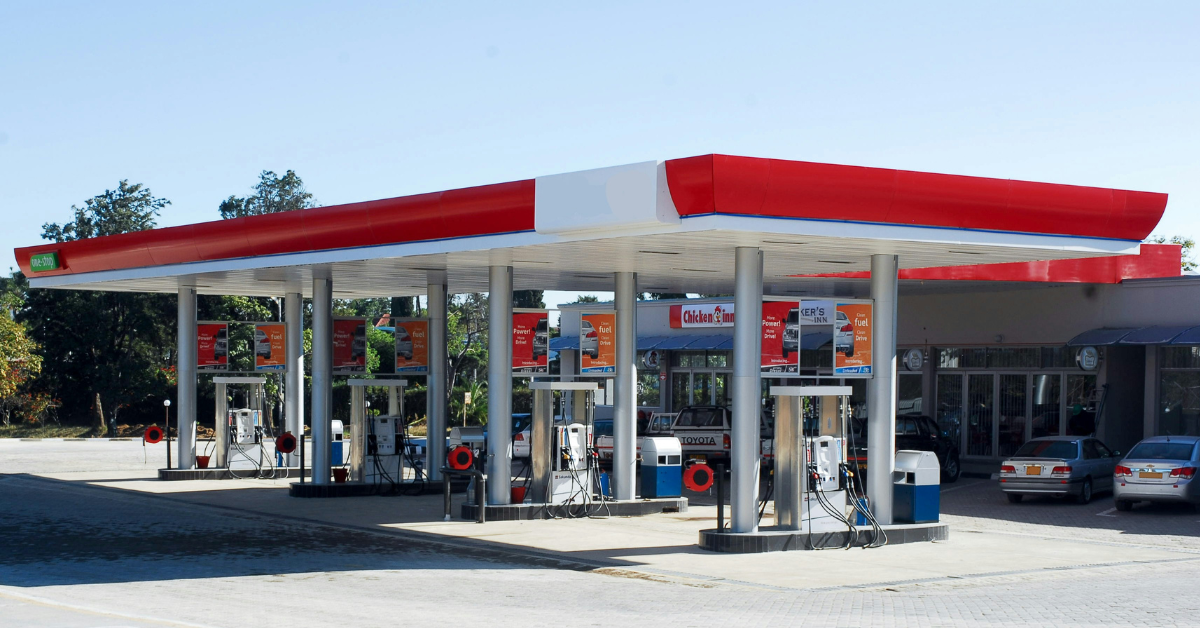Gas Station Heroin: The Dangerous Tianeptine Epidemic Sweeping New Zealand
2025-06-17

Green Matters
Concern is growing in New Zealand as health officials raise alarms about tianeptine, a potent and potentially addictive substance increasingly sold in gas stations and convenience stores. Often deceptively marketed as a dietary supplement, this drug – nicknamed 'gas station heroin' – poses a significant risk to public health. This article explores what tianeptine is, why it's so dangerous, and what measures are being taken to address this emerging crisis.
What is Tianeptine?
Tianeptine is an atypical antidepressant originally developed in France. However, it's not approved for use in New Zealand as a medication. Its availability as a dietary supplement, often labelled with vague descriptions like 'mood enhancer' or 'stress reliever,' allows it to bypass regulatory oversight. The concerning aspect is that the dosage and purity of tianeptine in these supplements are often unregulated, leading to unpredictable and potentially harmful effects.
Why the Nickname 'Gas Station Heroin'?
The name 'gas station heroin' isn't just a sensationalist label; it reflects the drug's potent opioid-like effects. Tianeptine acts on the brain's opioid receptors, similar to heroin and other opioids, creating a feeling of euphoria and relaxation. This mechanism is the root of its addictive potential and the reason for the alarming comparison. Users may quickly develop tolerance, requiring higher doses to achieve the same effect, further increasing the risk of overdose.
The Growing Health Concerns in New Zealand
Health officials in New Zealand are sounding the alarm due to a surge in emergency department visits and hospital admissions linked to tianeptine use. The drug has been implicated in cases of respiratory depression (slowed breathing), seizures, and even death. The lack of awareness about the drug’s dangers, coupled with its easy availability, contributes to the problem. Young people are particularly vulnerable, often unaware of the serious risks associated with consuming these unregulated supplements.
Why is it so readily available?
The key issue is the current regulatory gap. Because tianeptine is sold as a 'dietary supplement', it doesn't fall under the same strict controls as prescription medications. This loophole allows vendors to market and sell the substance with minimal oversight. While efforts are underway to address this, the process is slow, and the drug continues to be readily accessible. Many gas stations and convenience stores, unaware of the potential harm, stock these products, further contributing to the widespread availability.
What Can Be Done?
Several steps are being taken to address this growing problem:
- Increased Awareness Campaigns: Public health campaigns are crucial to educate people about the risks of tianeptine.
- Regulatory Reform: Lawmakers are working to close the regulatory loophole that allows tianeptine to be sold as a dietary supplement.
- Monitoring and Surveillance: Health authorities are closely monitoring emergency department data and conducting surveillance to track the prevalence of tianeptine use.
- Collaboration with Retailers: Engaging with gas station and convenience store owners to discourage the sale of these dangerous supplements.
If You or Someone You Know Needs Help
If you are struggling with tianeptine addiction or know someone who is, please seek help immediately. Here are some resources:
- Healthline: 0800 611 116
- The Alcohol and Drug Helpline: 0800 777 797
- Your local doctor or healthcare provider
The 'gas station heroin' epidemic is a serious threat to public health in New Zealand. Increased awareness, regulatory reform, and access to treatment are essential to combat this emerging crisis and protect vulnerable individuals.






